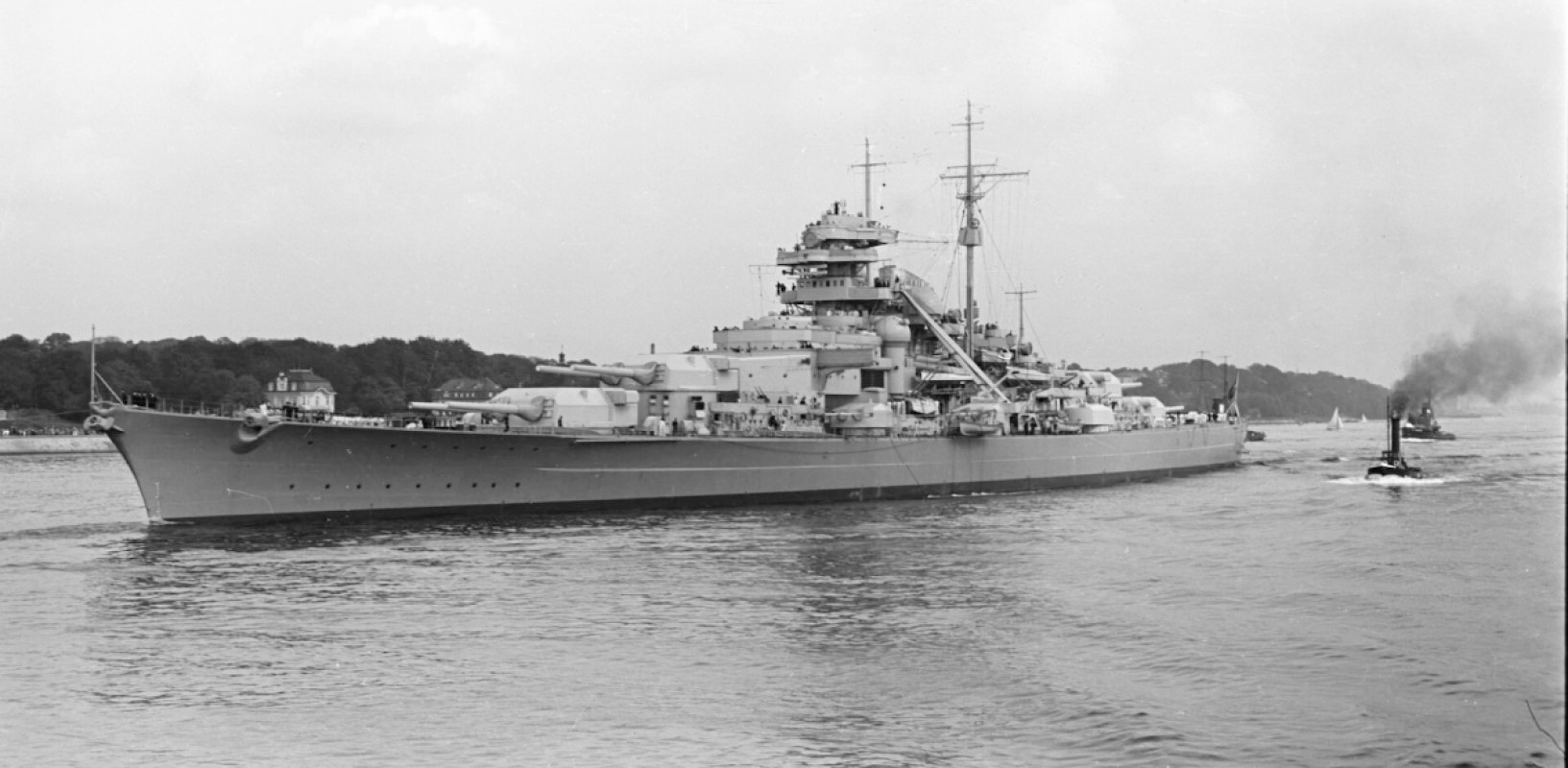My first area in the California San Jose Mission was in Palo Alto, and included at least part of the campus of Stanford University. We often went onto campus on our P-days to visit such places as the Rodin Sculpture Garden and the Memorial Church (which we called the "great and spacious building"). The Stanford Memorial Church is an impressive structure that has been called "the University's architectural crown jewel." Among the many architectural features of the church there are inscribed on the interior walls many inspirational quotes. On one particular P-day I noticed the following quote, and was so inspired that I wrote in down:
"There are but few on earth free from cares, none but carry burdens of sorrow, and if all were asked to make a package of their troubles, and throw this package on a common pile, and then were asked to go and choose a package which they were willing to bear, all would select their own package again. Your heartaches may be great, burdens heavy, but look about you, and with whom would you change?"
I have written before that the first four months of my mission were difficult, that it appeared that the Lord had something else on the agenda besides teaching and baptizing. At the time my mother wrote me several letters that were helpful. Among the thoughts she wrote were these:
“Know that the Lord will not permit you to have more problems than you can deal with. Be confident because of your faith in him. . . . Lean on the Lord. Trials can help you come closer to him.”
“I will have to inform you that trials (or ‘opposition in all things’) continue for life, so be prepared. Your attitude will get you through.”
“People are always moving around and doing new things. The Lord knows you and what’s in your heart and will do right by you.”
She also quoted Dr. Scott Peck from The Road Less Traveled: “Once we truly understand that life is difficult – once we truly understand it and accept it then life is no longer difficult. Because once it is accepted, the fact that life is so difficult no longer matters. Life is a series of problems.”
The Prophet Joseph Smith once said that “The things of God are of deep import and time and experience and careful and ponderous and solemn thoughts can only find them out.” He knew whereof he spoke because he had spent time and gained experience in Liberty Jail. There he received a revelation in which the Lord listed many awful things that could happen to him and that these things would give him experience and be for his good. Then He said, “The son of man hath descended below them all, art thou greater than he?”
Adversity is a fact of life, it is how we learn and grow so that we can become like our Heavenly Father if we submit ourselves to Him. Sometimes we face intense challenges that are of a relatively short duration, such as what happened on Omaha Beach on D-Day, the Sixth of June 1944. Other times we may face less intense challenges, but of a longer duration, such as the fighting in the hedgerows of Normandy after D-Day. Sometimes, with little rest we may go from our Omaha Beach and into the hedgerows.
Some trials may affect us our entire lives. On July 24, 1985, my mother collapsed at home due to a brain tumor; though she lived, the surgery to remove the tumor effectively cost her her short term memory. At the time she was very near the completion of her college degree. After recovering she went back to school only to experience great difficulty. She wrote me about one particular episode:
“I just learned something new that I think will really help me. My patriarchal blessing tells me over and over that I will influence people for good. I haven’t been too effective at home, my Relief Society teaching is likely at an end, etc. In my Spanish 4 and 5 class, however, they interviewed me and found I’d had a brain tumor. They thought that meant I’d had cancer. They think I’m a class heroine. When I checked out of Spanish 5 (I could see that I couldn’t go on and get my B.A. without the ability to memorize), they wrote cards and called to get me to come back. They saw me as someone who was persisting with life despite difficulties and I was a positive influence to them. Sometimes we don’t understand the Lord’s reasoning or his timetable and we become discouraged, but there is hope in the future. If you get discouraged, just remember your old mother got discouraged, too, before she saw answers.”
My mother did not get her degree even though she was just a few credits short of graduation. In addition to her fellow students, my mother helped me through the trials I experienced on my mission. I have referred to those two years as a university of life. I learned more in those two years than at any other time in my life. My mother helped me to learn some of those lessons.


